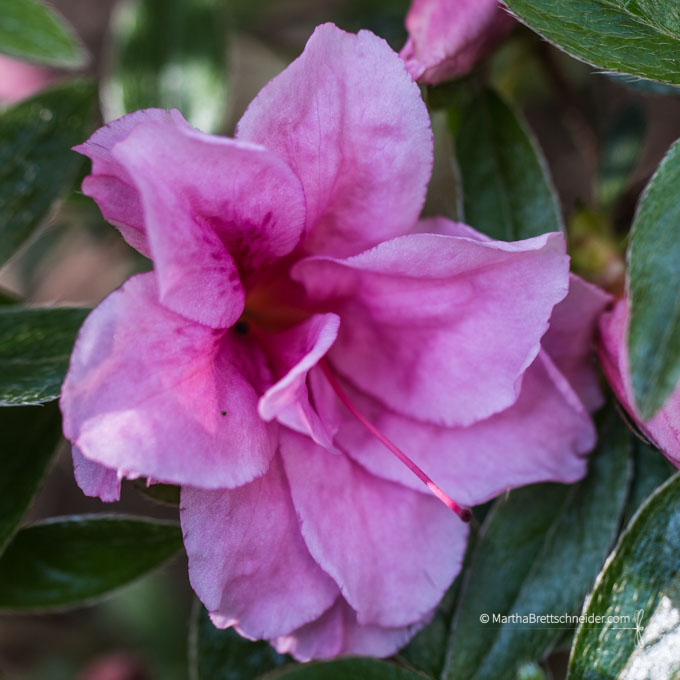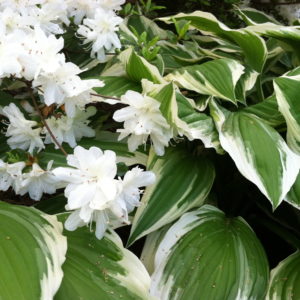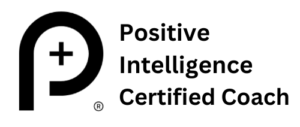
If I had a flower for every time I thought of you…I could walk through my garden forever. ~ Alfred Tennyson
Friends matter. I’ve buried a lot of them in my garden.
Put another way, my garden is filled with my friends.
Diane’s Black Eyed Susans and Shasta Daisies, Susan’s Sweet Woodruff, Marcia’s hostas, Alice’s daffodils (I will stick to the plants’ American common names today)…all were dug up from their birth gardens and replanted in mine at some point over the past 19 years.
Then there are the plants gifted from friends and family farther afield. The Oakleaf Hydrangea purchased stealthily for me on a visit by my lovely French friend, Caroline. The azaleas we received as a wedding gift from my husband’s grandmother–transported from Seattle to Virginia–all the more special since the cultivar was named for her own mother, Myrtle de Friel.

We’ve shared our lives, we’ve shared our secrets, we’ve shared our plants. At this stage in our journeys, distance and busy schedules limit face-to-face visits, but tiny parts of my girlfriends are always with me, right in my back yard.
Why do friends matter so much?
The Science of Friendship
It seems like everywhere you look these days, there’s a new book on “the science of” this or that. A quick search on Amazon books comes up with: The Science of Skinny, The Science of Yoga, The Science of Black Hair.
Then there are the “new” sciences: Spark: The Revolutionary New Science of Exercise and the Brain (I’ve actually read that one, and it’s terrific) or Mindsight: The New Science of Personal Transformation. Whether it’s retailing, politics, getting rich, or love, there’s a “new science” for it.
I’m a sucker in particular for the neuroscience behind what makes us happy, or at least content. Seeing monks hooked up to MRI electrodes, the feel good activity centers of their brains all pumped up and glowing, is what got me to finally start meditating.
In Friendfluence: The Surprising Ways Friends Make Us Who We Are, Carlin Flora explores the science of friendship. I haven’t read it yet, but the book promo promises we’ll “Discover the unexpected ways friends influence our personalities, choices, emotions and even physical health…”
It wasn’t a book, but my sister (and number one best friend) who turned me on to research findings on the link between friendship and wellness. When I heard that scientists were using MRI technology to study the impact of friendship on our health, I couldn’t wait to dig in.
Why Being Friendless Could Be Hazardous To Your Health
In a recent CBS News piece on the science of friendship, Dr. James Coan, associate professor of clinical psychology at the University of Virginia, described his lab’s research on how and why people with strong circles of friends tend to be healthier and live longer.
Coan’s team attached MRI electrode patches to volunteers’ heads and told them they’d be zapped at random with mild electrical shocks. The point was to make them nervous, to create “anticipatory anxiety,” the same type of uncertainty-based anxiety that most people face in their daily lives.
The subjects were put through two series of tests–one round of shocks when they were alone in the room, another round while holding the hand of a friend. In each and every case, the parts of the brain that sense danger were less activated when the friend was there.
When the subject was alone, the “danger” areas were on fire. Adding the friend quieted the brain’s response to the anticipated danger. Scientists think that translates into lower anxiety levels and reduced pressure on the immune system, which may explain the “good friends leads to better health” phenomenon.
Friends Take a Load Off Your Shoulders (Science Says So!)
Need more proof of why friends matter? In a lower tech study, UVA psychology professor Dr. Dennis Proffitt and a team of graduate students asked participants to put on a heavy backpack while standing at the bottom of a hill.
Some were alone, some stood next to a friend. When asked how steep they thought the hill was, those participants who had a friend by their side thought the hill was less steep than those without a friend.
The experiment even worked when the person was simply asked to think of a friend–the hill seemed less steep if a friend was in their thoughts, compared to the person left to their own devices.
But wait…there’s more! Responses even showed that the deeper the friendship and the more time spent with that friend, the less steep the hill became in the view of the participant. Pretty wild.
Diggin’ My Friends
Most of the friends buried in my garden have known me for 20 years or more. They forgive the introverted part of me that makes me a terrible correspondent, phone call returner, and email replier. They know I am probably outside somewhere, either in the garden or on the running trail or driving carpools or watching boys play soccer. And if not outside, than holed up somewhere writing.
What they don’t realize, I’m quite sure, is the strength they’ve given me over the years, through academic and career pursuits to marriage and babies and breast cancer and beyond. The older I get, the more important these friendships become to me.
Today, I’m healthier and stronger than I’ve ever been, and my friends have played a big part in that.
So let me take this opportunity to say thanks to all of my friends, old and new, for making me stronger in so many ways. Thanks also for forgiving my periods of neglect (that goes for both the people and the plants). And for those of you buried in my garden, I’ll do my best to keep you weeded and watered.

***
If you enjoyed today’s post and are not yet a subscriber, please join my Readers Circle via the sign-up box in the right margin and receive my free ebook Six Playfully Mindful Strategies to Beat Procrastination and Boost Productivity. You’ll also receive updates on my book Blooming into Mindfulness, weekly blog posts, and photography, speaking engagement, and workshop news. Email is much more reliable than social media in getting information to you in a timely fashion, so sign up to make sure you’re in the loop! (I promise not to share your address or send you spam.)
And if you know someone else who might benefit from an extra dose of calm in their lives, please spread the word! Social media likes and shares are always appreciated.
Finally, if you find typos anywhere on my site, I’d be grateful if you let me know. I hate typos! Contact me so that I can correct the error. Thank you!


